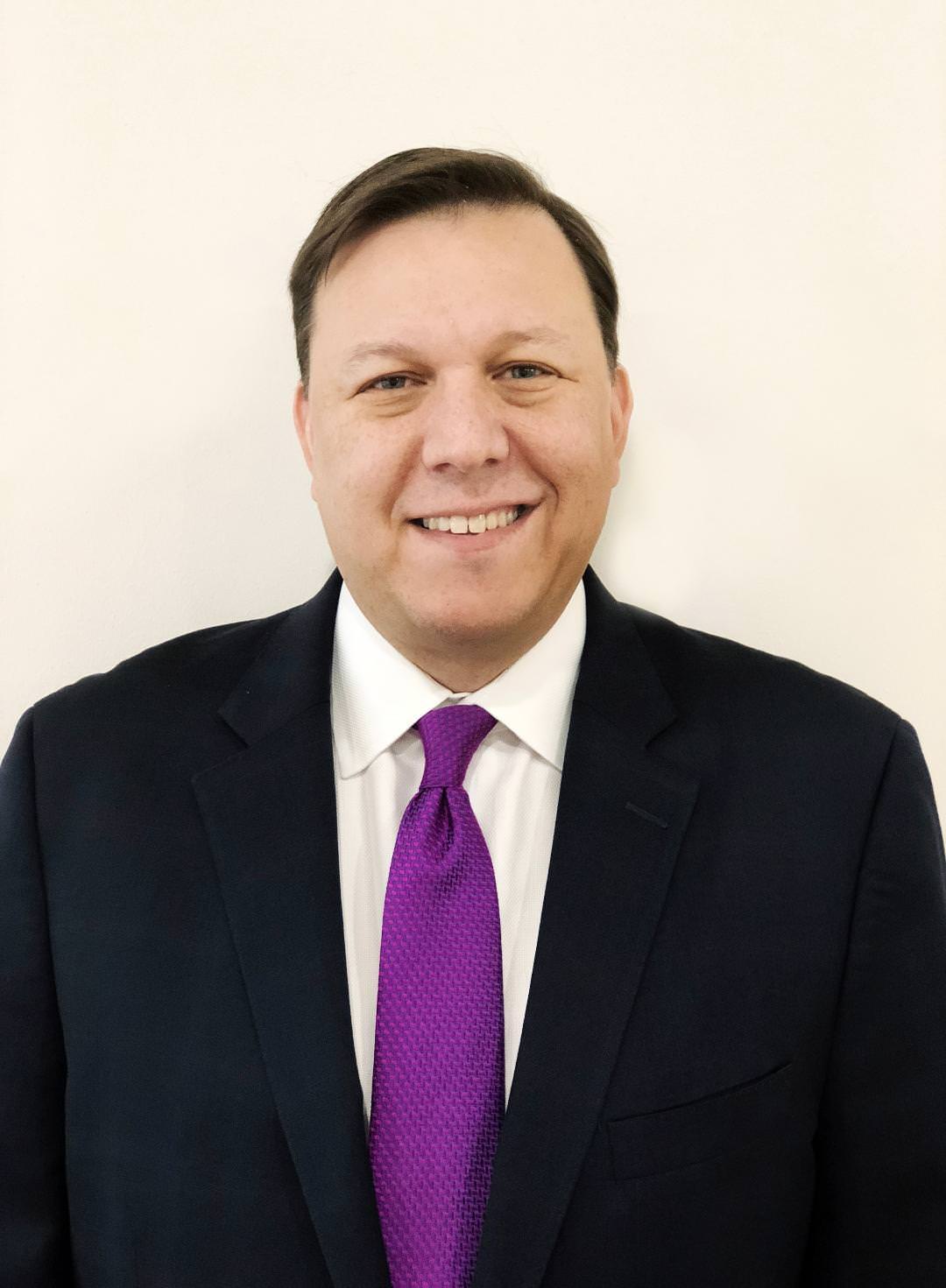November Monthly Policy Update
While most of the focus in this space is on federal policy – and the changes it undergoes – we are keenly aware that there are other factors in play that impact our community.
State policies play a significant role as well, and policies are not always enacted by legislatures and governments. Sometimes, the people get their say in the form of referendums and ballot initiatives. In November, several states gave their citizens a say on cannabis policy. The results were, for the most part, very one-sided.
- In Florida, marijuana legalization Amendment 3 was defeated in Dade County with 51% of the vote.
- In South Dakota, marijuana legalization Measure 29 was defeated for the second time, with 55.5% opposition (up from 52.9% in 2022); 59 out of 66 counties saw a plurality vote to oppose the measure.
- In North Dakota, marijuana legalization Measure 5 was rejected for the third cycle; 52.5% of voters statewide opposed the measure, with 47 out of 53 counties voting against it.
- In Massachusetts, it was not cannabis on the ballot, but psychedelics. The ballot measure, if passed, would have decriminalized the possession of psychedelic substances and legalized their supposed therapeutic use. The proposal was rejected by 57% of voters. Close to 90% of all municipalities saw a majority of voters vote in opposition.
As far as federal election results are concerned, it is difficult to say at this point what the impact on SUD recovery policies will be. Cuts in government spending are possible, as are changes to Medicare and Medicaid policy. We will be doing our best to keep you informed of policy developments and working to ensure that recovery support services continue to be a priority.
The Substance Abuse & Mental Health Services Administration (SAMHSA) launched their Behavioral Health Career Navigator in November. There are many behavioral health careers listed, all with varying state requirements for entry and maintenance. Their guide can help you understand the basic requirements to enter the field in each state.
“We need a behavioral health workforce that can meet our country’s needs. That includes helping current and aspiring behavioral health workers pursue their careers and thrive in their work,” said Health and Human Services (HHS) Secretary Xavier Becerra. “The new Behavioral Health Workforce Career Navigator is an important tool towards improving the process of finding and comparing education, training, and licensure and certification requirements across the country. President Biden and Vice President Harris’ Unity Agenda continues to take on the biggest challenges facing Americans, including addressing our nation’s behavioral health needs.”
The navigator can be accessed at https://www.samhsa.gov/behavioral-health-careers.

Andrew Kessler
Principal
Andrew D. Kessler, JD, is founder and principal of Slingshot Solutions LLC, a consulting firm that specializes in behavioral health policy. With 20 years of policy experience- and over a decade in behavioral health- Kessler is a fixture in circles that advocate for substance abuse treatment, prevention, recovery, and research. He collaborates frequently with congressional offices, the White House Office of National Drug Control Policy, the National Institute on Drug Abuse (NIDA), the Substance Abuse and Mental Health Services Administration (SAMHSA), and other federal actors. He is a frequent contributor to Politico, The Hill, and Alcohol and Drug Abuse Weekly,
Kessler has written legislation and report language published by both the House and Senate, and has presented orally before such bodies as the Scientific Management Review Board, the College on Problems of Drug Dependence, and the National Conference on Addictive Disorders. He is highly sought after as a speaker on substance abuse policy, as well as on advocacy training. He has presented on these subjects around the nation, and on several webinars as well.
Kessler received his Bachelor of Arts in 1993 from Washington University in St. Louis. In 1999, he graduated from American University’s Washington College of Law, where he received multiple awards and recognition for his legal analysis and moot court performance. He lives in Fairfax, Virginia, with his wife and two children.
